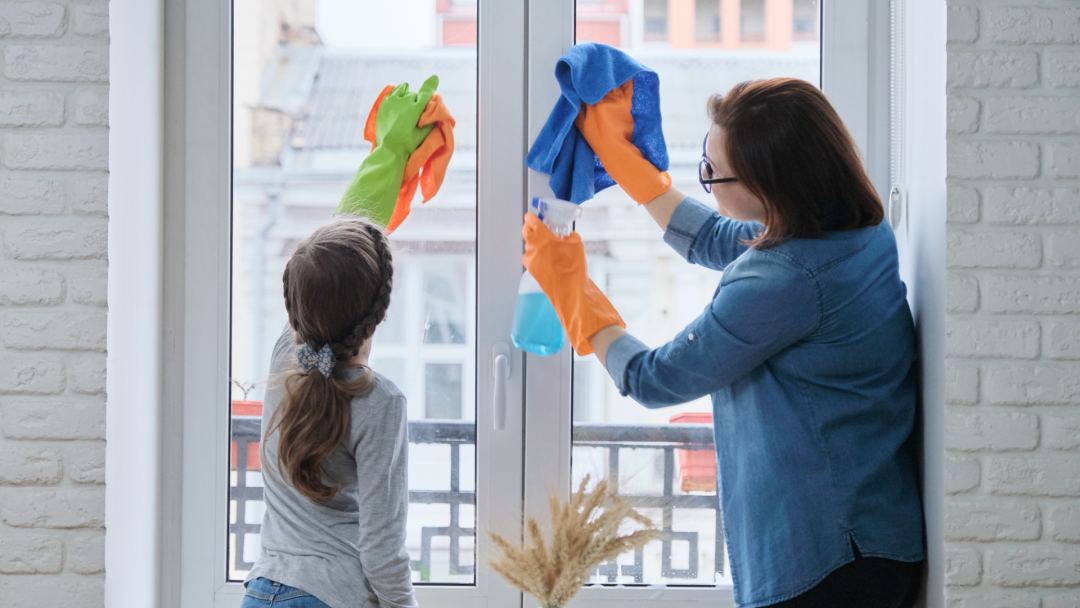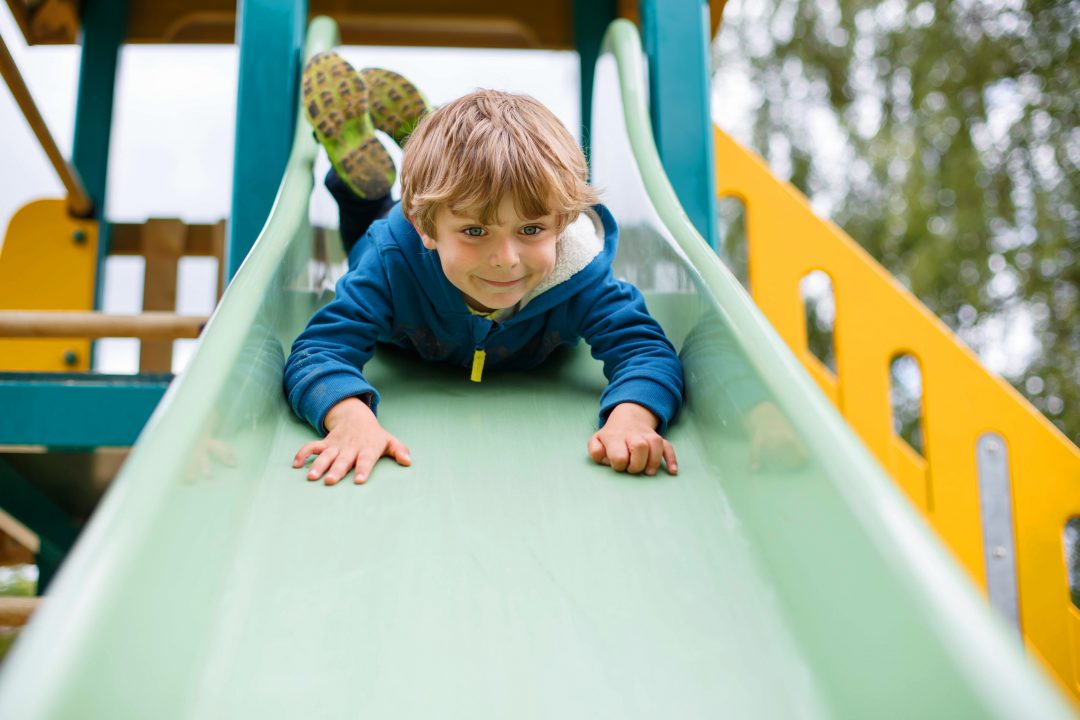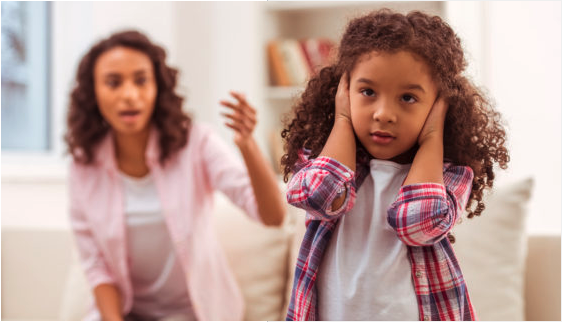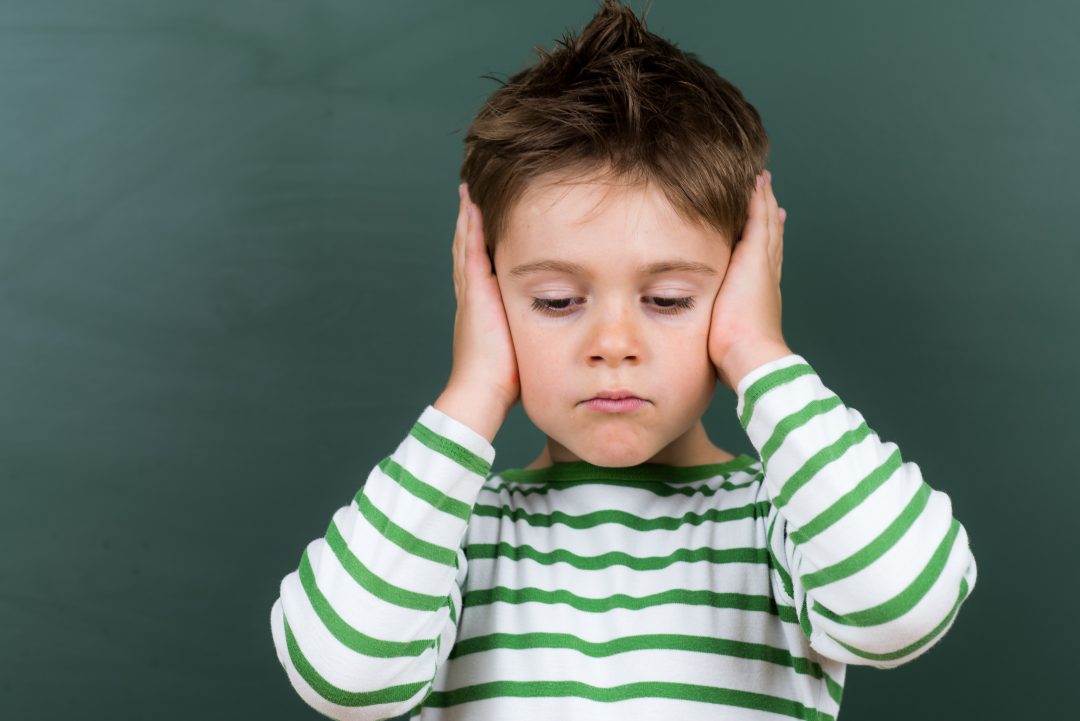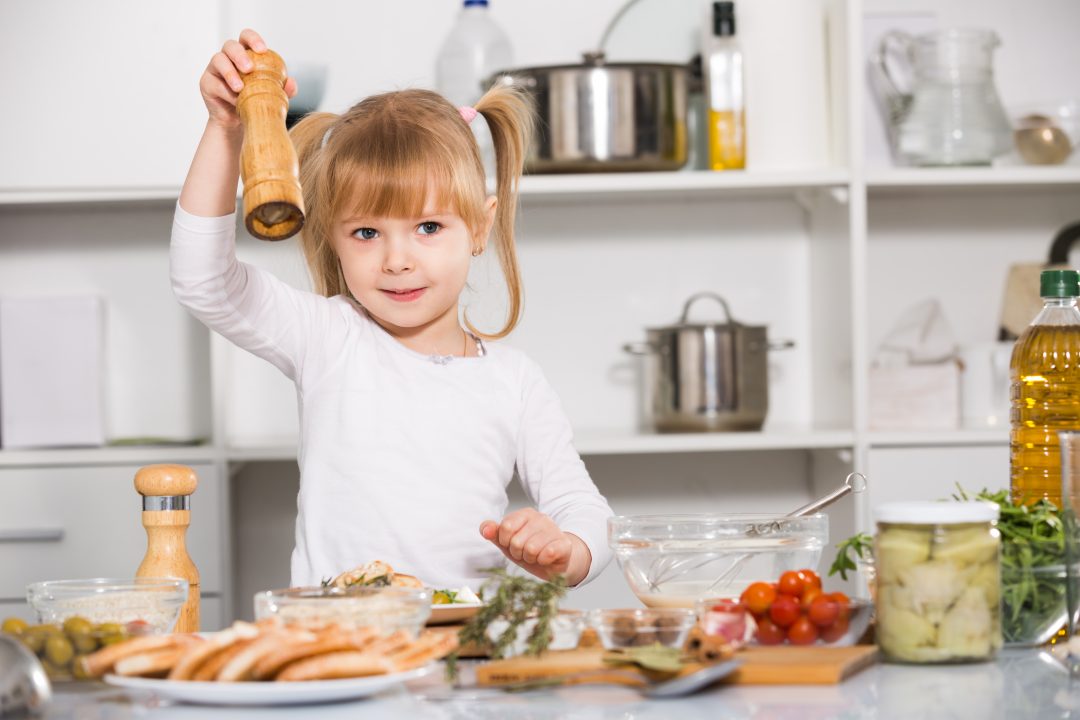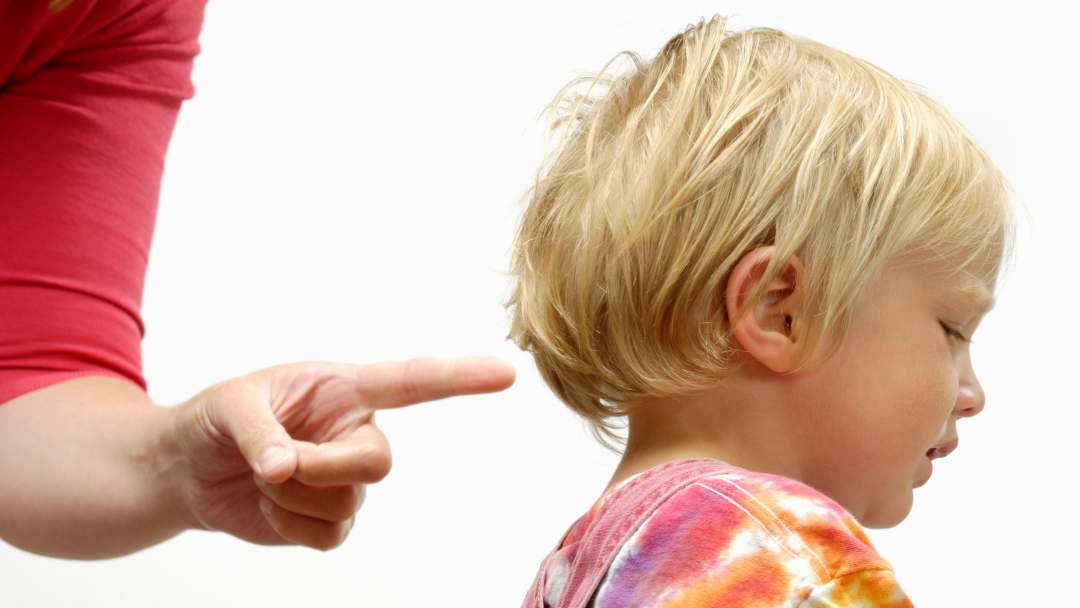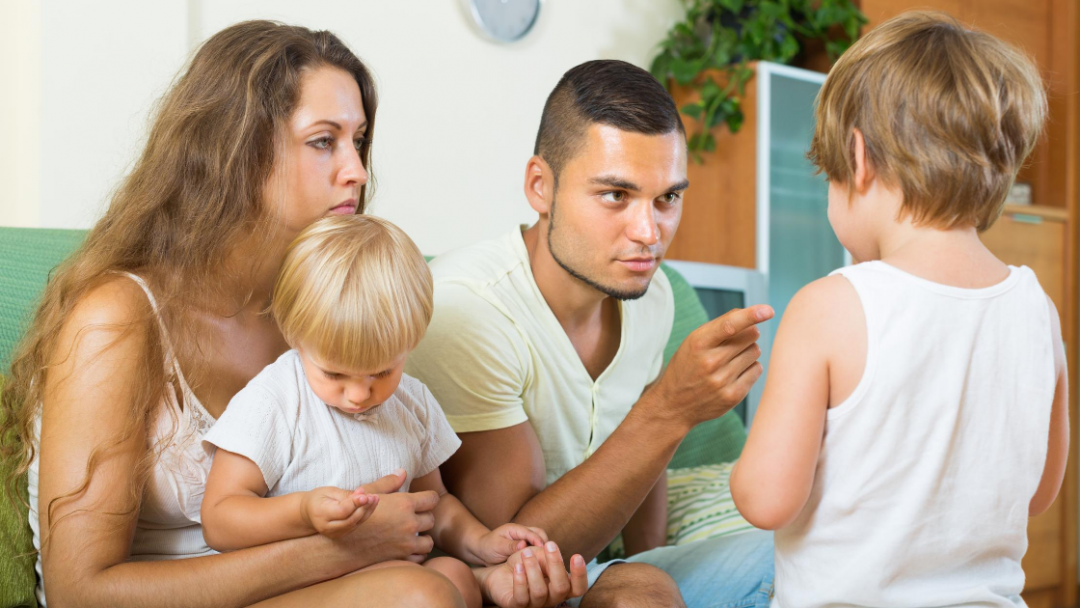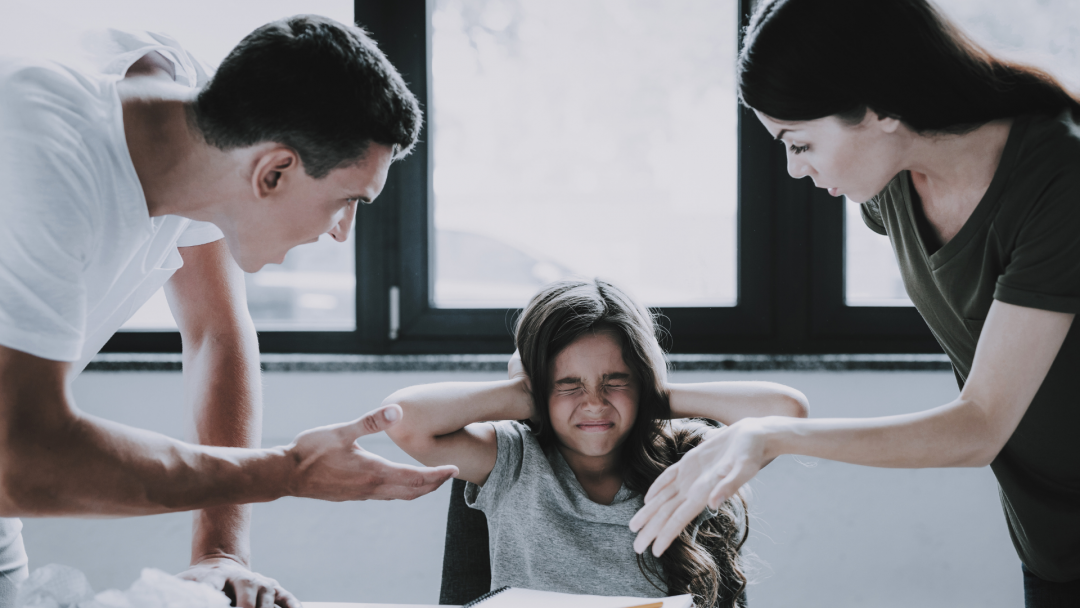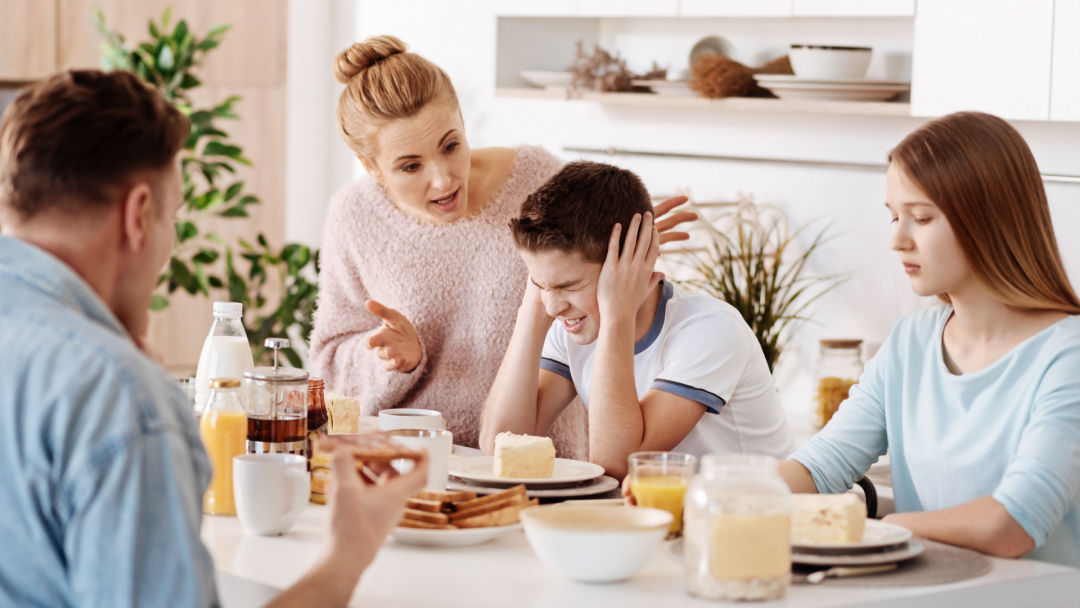Getting Kids to Cooperate without Yelling. Fun Family Activities
Categories: General Parenting
I need to start with a disclaimer and it’s that sometimes I still yell like a fishwife, but it’s a less regular occurrence these days and more likely to occur in traffic than in my home. Why is it that some people drive like there are no other cars on the road, even on the highway? Anyway, I believe my yelling is entirely justified at those times, even if it’s just inside my car with the windows up because I don’t want an actual fight. I genuinely don’t yell at my kids much anymore, though. Miraculous.
I’ve seen a lot of ads lately for ‘Parenting Zen’ sort of courses which promise to teach parents how to stay calm and regulated even when their kids are swinging from the ceiling fan or scaling the walls like your home is some sort of parkour arena. It makes me wonder if they teach you how to manage your kids through some other method, mind control maybe? In which case, sign me up! But, yelling at our kids is the symptom of a larger problem but not the cause, so simply ‘not yelling’ is not the solution. If you do want to work out why you’re yelling at your kids all the time, we’ve got a lot of great videos on this, like How to yell less with Dr Tina Payne Bryson and The Screaming Spiral with Dr Justin Coulson. That’s a whole other potential blog post! For now, we’re just talking about cooperation, and how on earth you can get it.
Staying calm and regulated is great and an important part of the parenting gig. But, another important part of the parenting gig is getting your kids to do the stuff they need to do, and all the serenity in the world won’t change the fact that sometimes they just don’t WANNA. Sometimes (and they’re usually occasions when you have some sort of time pressure) kids have their own agendas and they just don’t reconcile with our own. Clean teeth are rarely on their agendas, or doing homework, eating a balanced diet or doing chores. You know what is ALWAYS on their agendas, though?
Having fun! Here’s how it works and how to harness it for everyone’s benefit:
How it works
‘Sometimes getting our kids to listen and do what we need them to do can be such a battle. But, one of the quickest ways to get kids to cooperate is by being fun, playful and silly and approaching things with a more play-based mindset.
DR TINA PAYNE BRYSON
We can guess what you’re thinking. Who has time to play or feels like being silly when you just need to get everyone out the door for work and school? We get you, but here’s the thing – this works faster, so it’s worth it. ‘A lot of parents say to me, “I don’t want to do a puppet show just to get my children to put on their shoes,’’’ says Dr Payne Bryson, ‘but the truth is that we already spend so much energy trying to make something happen when we’re locked in a battle of wills. Taking a pause and finding a way to be silly and playful will actually activate cooperation in your child because they become curious about what you’re doing.’ If something looks fun, they’re going to want in! As soon as they opt in, they’re released from that agitated, defiant state that saw you both butting heads and getting nowhere. ‘Play is an almost opposite state in our nervous system to the fight – flight – freeze, anxious and reactive state,’ explains Dr Payne Bryson, ‘So, keeping things playful can help prevent them from entering that state in the first place.’
Okay, but what do we actually do?
This fun, playful state is easier for some of us to get into than others, so here are some ideas from Dr Payne Bryson about how to get started.
- Want your child to get into their carseat? Pretend you have an imaginary friend sitting there and you’re worried your kiddo’s going to sit on them. They’ll be delighted to ‘squash’ them!
- Want your child to put their shoes on? Pretend you’re going to put them on and they have to wear yours.They’ll be indignant and thrilled to ‘correct’ you.
- This one’s from a dentist: Having trouble getting their teeth brushed? Use washable crayons to draw little ‘monsters’ in the bathroom sink. Tell your kids they can ‘attack’ the monsters by covering them with spit! Gross but effective.
Fun allows their brain to kick into gear
While some parents already know that rewards and punishments aren’t the most effective way to facilitate compliance, there are others who believe that ruling by fear is the only way to teach kids how to behave. There’s a fatal flaw in this logic, explains ParentTV expert Nathan Wallis. ‘The human brain isn’t designed to be scared and learning at the same time. The way your brain stem (or survival brain) works with your frontal cortex is like scales, if one is up then the other is down. So if you want kids to be learning, their survival brain cannot be activated. Could you solve a calculus problem when someone’s pointing a gun at your head? Of course not, survival will take precedence because your survival brain is in charge.’
If we want to teach kids to do the things we need them to do, making them scared of us, scared of the punishment or scared of failing isn’t an effective way to do it. This applies to all learning, not just behaviour, Nathan continues. ‘We don’t learn just because someone tells us to. We learn because we feel safe enough to allow our survival brain to be calm and our frontal cortex to come online. Trying to scare children into behaving well and being compliant might get short-term results because the kids are scared of the consequences in front of them, but it is only short term.’ In contrast, having fun makes an experience more likely to take hold. Pleasurable experiences release dopamine and allow information to travel to the amygdala, building connections.
Fun fills your child’s cup and builds your connection
If you’ve got a little one who seems to have their switch permanently set to ‘NO!’ when you ask them to do something, it’s worth considering what their unmet needs may be, says ParentTV expert Maggie Dent. ‘While it’s developmentally normal and healthy for little kids to act like this, it can be exhausting. There’s also a point where it can tip over into defiance, and that’s when your child’s love cup needs to be filled. If they’re struggling to be agreeable and meet you halfway, that can be a sign that they’re not feeling enough love and connection with you right now.’ The reverse is true also, Maggie says. ‘We know kids are more motivated to please us when they feel loved.’ Dr Justin Coulson agrees, saying that, ‘Form follows feelings. That is, our children’s behaviour follows the way they’re feeling right now. If they feel great, they’ll behave great.’ There may be times when you can make concessions or compromises that allow both your needs and theirs to be met, says Maggie, and this actually helps build a strong and mutually respectful relationship.
Fun is a kids’ priority
One of the most important things to remember when we’re doing life with our little people is that we shouldn’t assume they’re motivated by the same things as us, and that’s okay. Have you ever watched your kid suddenly start playing with random toys they’d not looked at for months when they’re meant to be cleaning their room? Have you watched them make a sandwich by getting one ingredient from the fridge, adding it, then getting another one, then taking the first ingredient back to the fridge then running outside to jump on the trampoline for a bit? That’s because kids don’t care about efficiency. As adults, we’ve trained ourselves to think of the best way of doing things before we do them. We make split-second calculations about the most effective use of our resources, including time, energy and money. We make unconscious value judgements about where to allocate our resources, and we consider alternatives and the cost-benefit analysis of each course of action. We think of contingencies and we plan ahead for what comes next and how we can best facilitate that. Kids just think, ‘I want a sandwich.’
Efficiency is an adult priority, not a kids’ one. Fun is a kids’ priority, and so it should be!
Having fun changes the dynamic of the relationship
Apart from the fact that they don’t work, the problem with adults using punishments and rewards to get kids to cooperate is that this teaches kids that people with power get to tell them what to do, says ParentTV expert Teacher Tom. These are external motivators, as opposed to natural consequences, which are intrinsic. These power dynamics and the way we position ourselves in relation to our kids will always have an impact on how they behave, Teacher Tom points out. Nobody likes demands and everybody wants to be treated with respect, including kids. When we genuinely respect the personhood, autonomy and rights of our kids and behave accordingly, their behaviour will then reflect this. ‘I’ve found that when we boss children around, ask them lots of questions and put them on our agendas, they’ll almost always listen to the devil on their shoulder,’ says Teacher Tom. ‘When we make informational statements and allow children to think for themselves, they’re a lot more likely to listen to the angel on their shoulder, instead.’
Entering into an exchange with kids where we’re prepared to have fun signals that we understand and value their needs, and understand and value them. It’s a whole lot nicer than screaming yourself hoarse, too!

